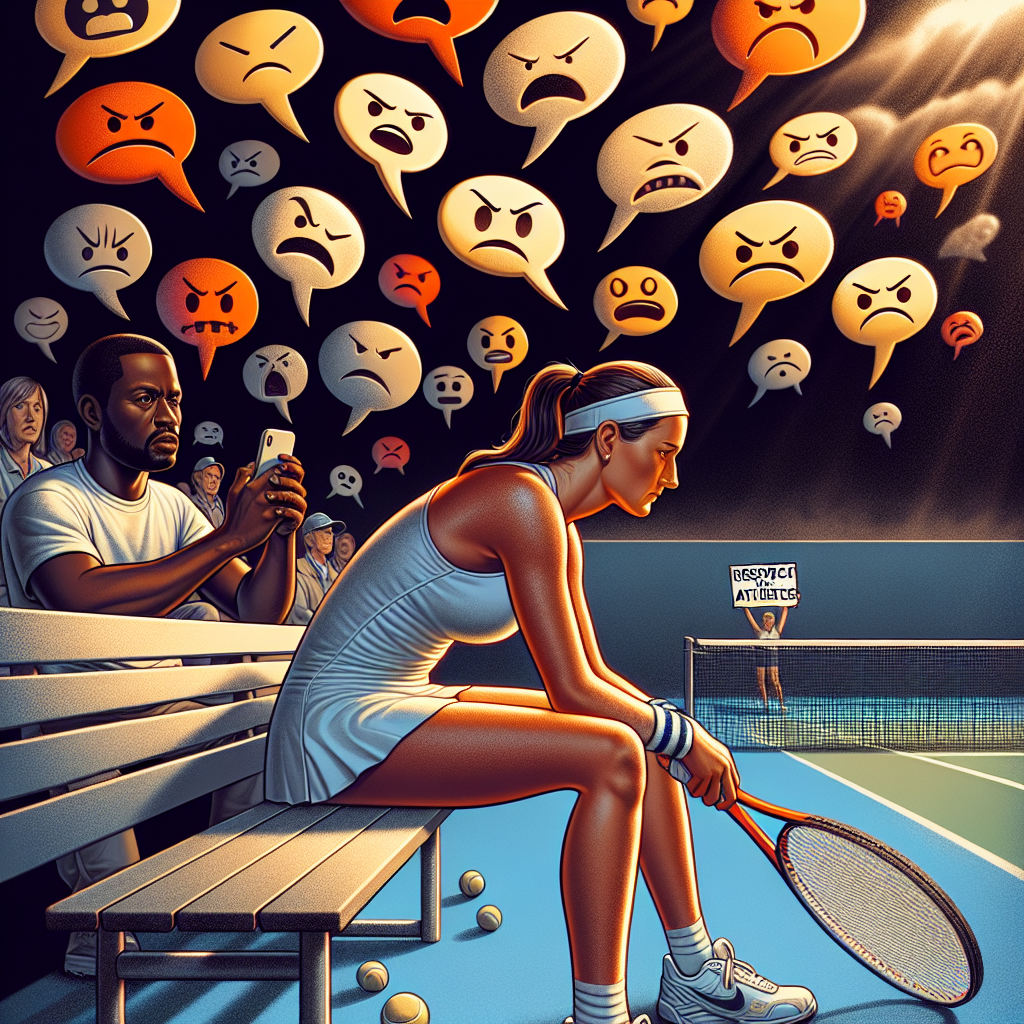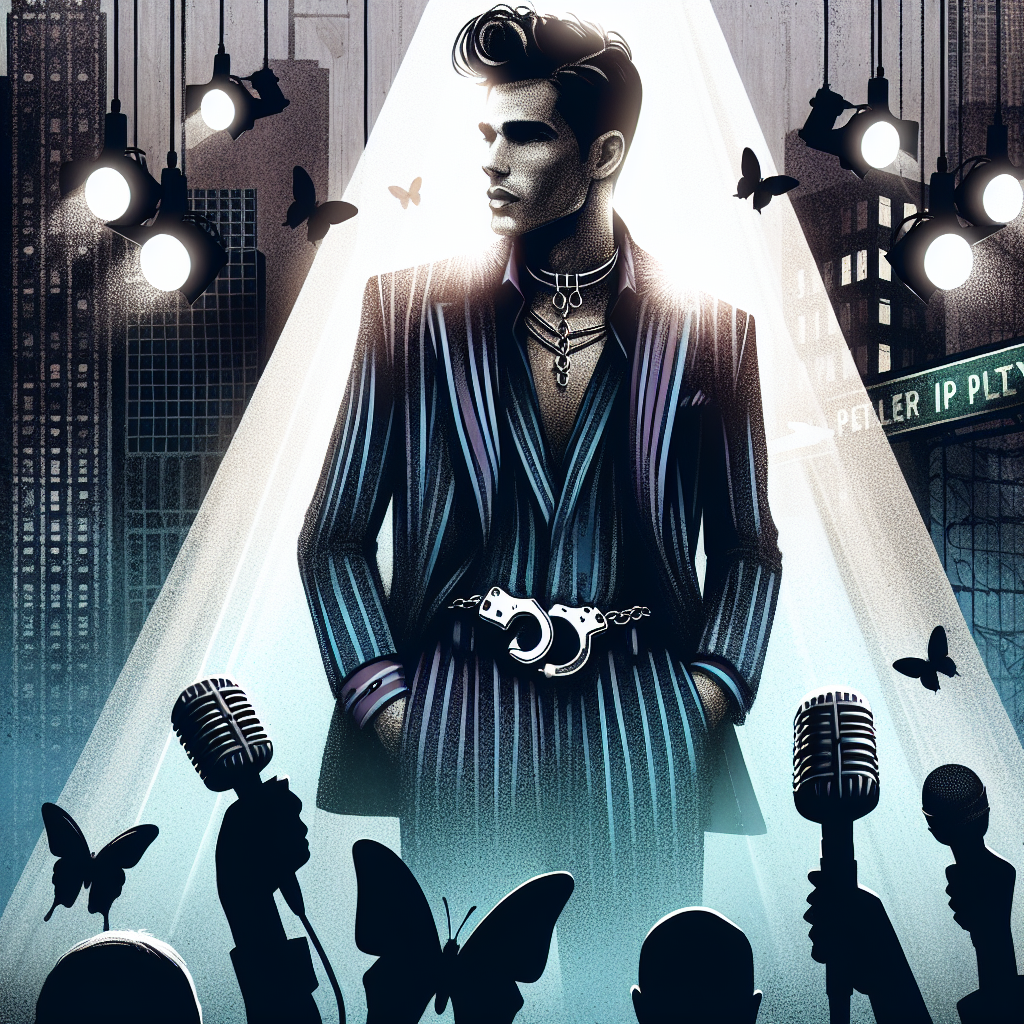Hey, sports fans! Mr. Ronald here, and today we’re stepping away from the roar of the crowd and diving into something darker that’s shaking the very soul of the tennis world. Strap in, because this one’s not about the scoreboard—it’s about the brutal reality that British number two Katie Boulter, and countless others, are forced to deal with after match point is called. We’re talking about online abuse—vicious, relentless, and absolutely horrifying.
Now I know what you’re thinking—tennis, that elegant dance of power and precision, played under the sun or spotlights, loved across continents. A game that’s supposed to uplift and inspire. But what happens when the grace of the court is met with the grimy shadows of digital hate? When victory or defeat sparks not just headlines, but a torrent of toxic venom smashed across an athlete’s inbox?
Katie Boulter—stylish, powerful, and a fighter on the court—recently lifted the lid on just how deep that toxicity runs. We’re talking hundreds of messages. Some crude. Some cruel. All utterly unacceptable.
BBC Sport’s own ace, Annabel Croft, tossed down the gauntlet with raw honesty, calling the abuse aimed at players “horrifying”—and believe me, that word doesn’t even begin to serve justice to the madness we’re witnessing. This isn’t just a problem. This is a crisis, folks.
This isn’t your typical mid-match drama, no. This is mental warfare disguised in emojis and thrown with cowardly anonymity. The moment a player steps off the court—win or lose—that’s when the barrage begins. A missed volley? You’re suddenly public enemy number one. Didn’t nail that tiebreaker? Boom—your DMs are lit with rage from strangers who wouldn’t last a rally in your shoes.
But let’s not just hit the ball halfway over the net here. This isn’t just about Boulter. It’s the entire tour taking damage. From grand slam champions to rising stars—male and female—online abuse is the silent opponent with no face, no racket, and no shame. Tennis players, like all athletes, are human—yes, superhuman in talent and resolve, but still flesh-and-blood warriors grinding through pain, pressure, and personal sacrifice.
And it all begs the question: where’s the line? Because if we can’t respect the very people who make the sport worth watching, what are we really cheering for?
Let me serve you some truth, clean and powerful like a Roger Federer forehand—this sport needs protection beyond line judges and Hawkeye. We need real action from tech companies, governing bodies, and the fans themselves. Accountability shouldn’t just be a post-game stat. It needs to become the new standard.
Croft is right to sound the alarm. And Boulter? She’s not just holding a racket—she’s holding the torch for dignity in sport. By going public, she’s showing more courage than most of her critics could muster in a lifetime. That’s the grit of a true athlete, the spirit of a champion.
So to the couch critics and digital trolls out there, let Mr. Ronald break it down crystal clear: If you’re not going to bring respect to the game, then kindly step off the court of public opinion.
And to my fellow fans across the globe—let’s lift our athletes up, not tear them down. Celebrate the highs, support through the lows, and remember that every battle fought on that baseline comes at a cost we may never see.
Because at the heart of every rally, ace, and match point… there beats a heart just like yours and mine.
Let’s protect that. Let’s honor that. Let’s play fair—even when the game ends.
Mr. Ronald







